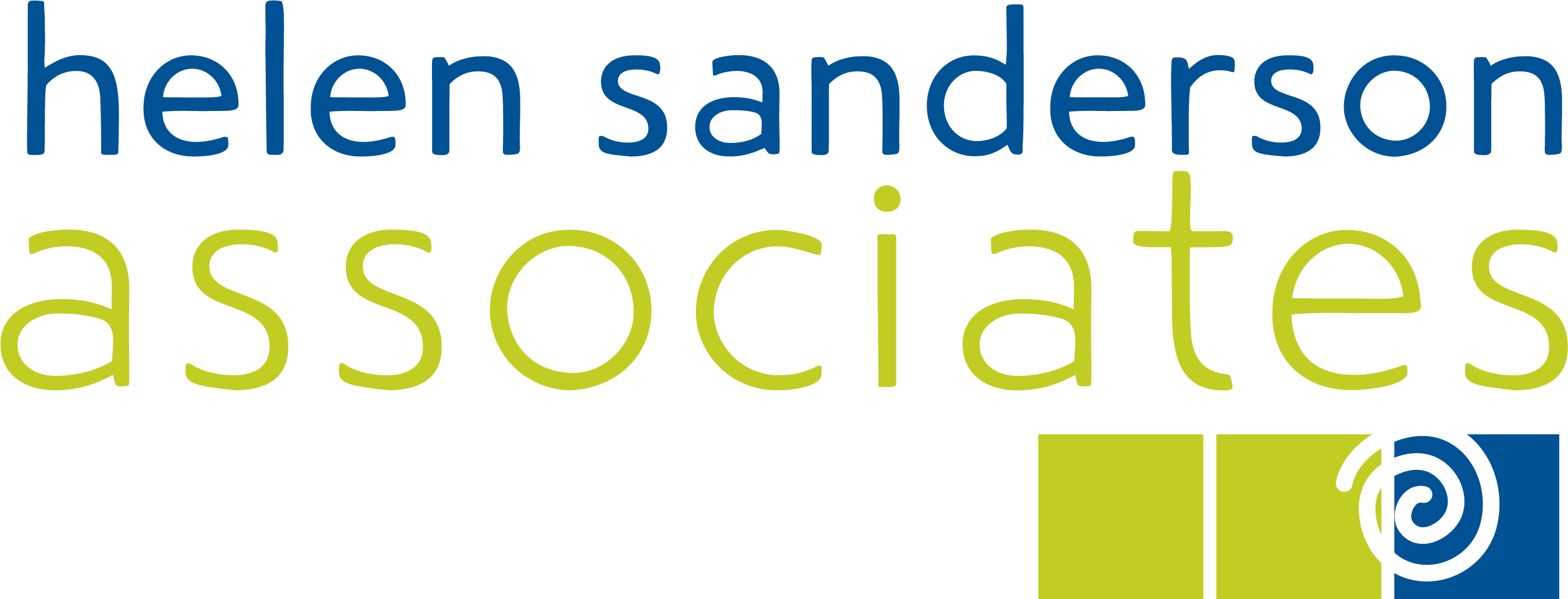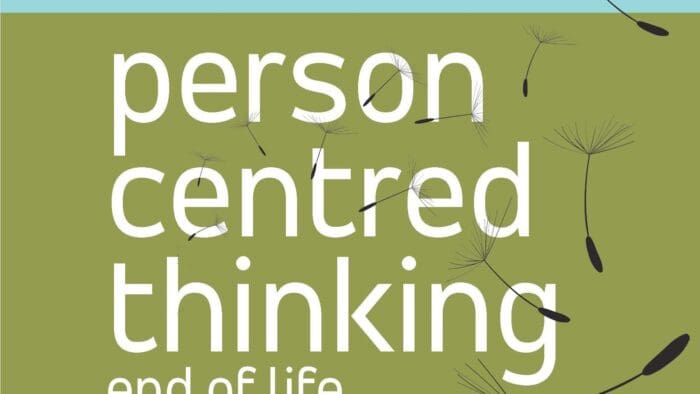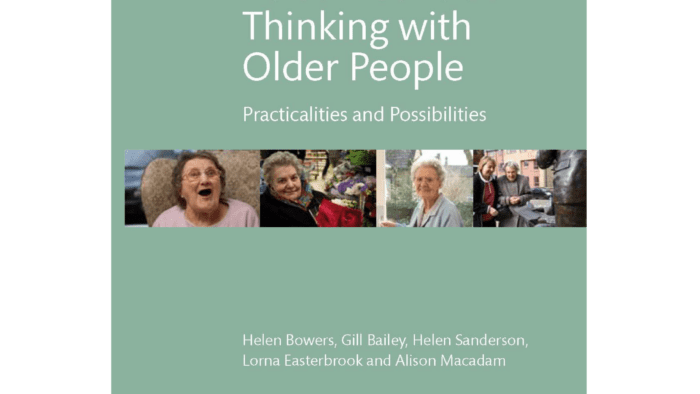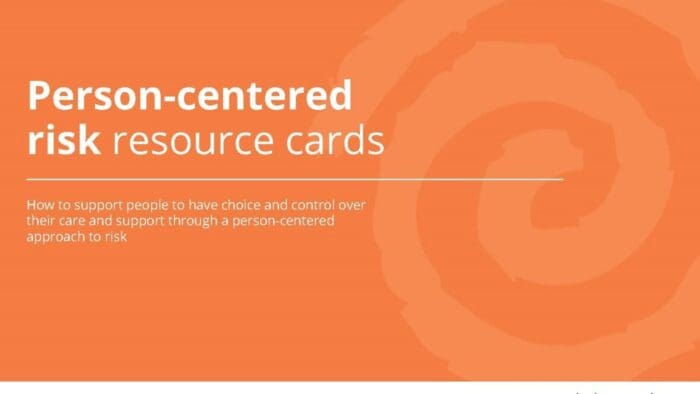Person-Centered Approaches to Health Care Decision Making is a practical program for facilitators and planners who work with people with intellectual, developmental, and other disabilities.
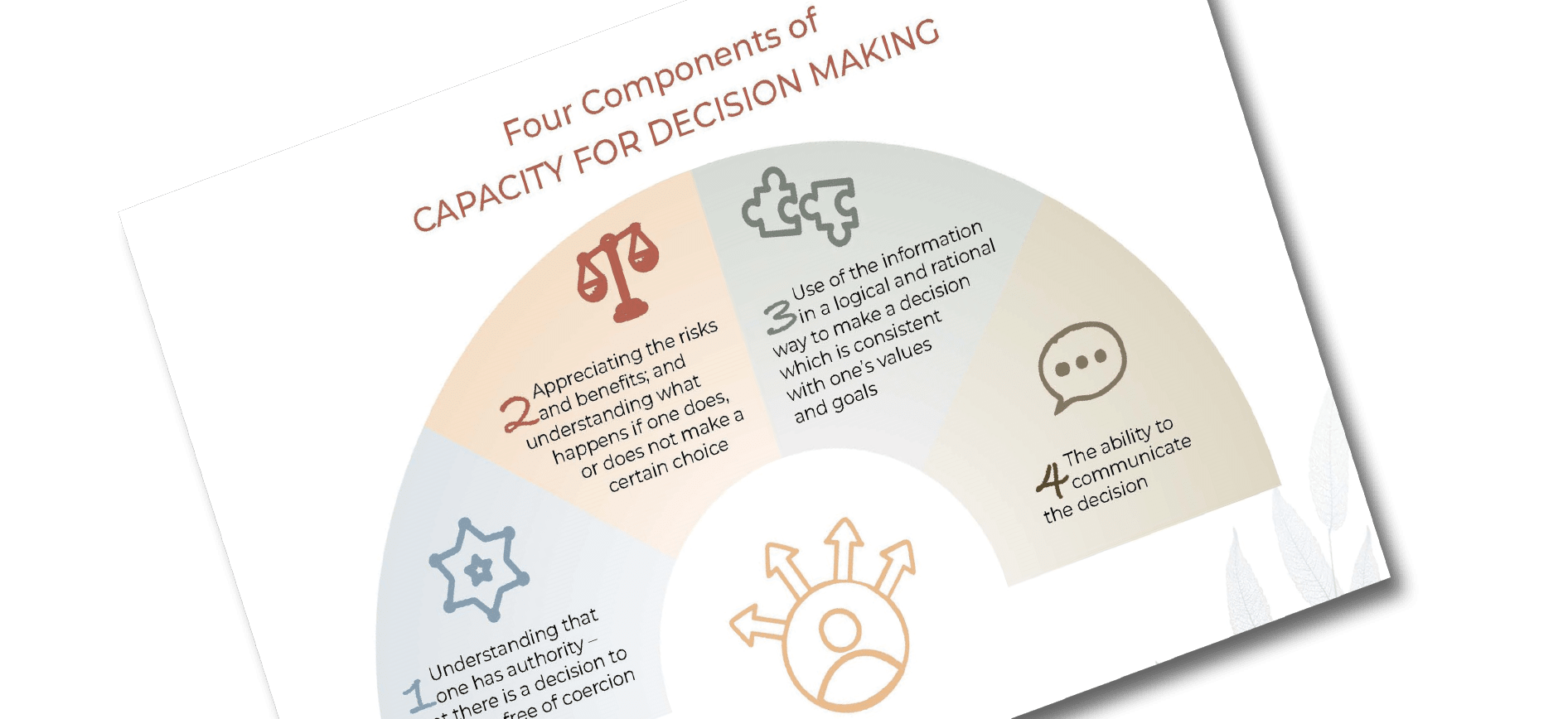
Person-Centered Approaches to Health Care Decision Making brings organization leaders, care coordinators, planners, and facilitators together to learn about supporting people to make healthcare decisions and practice ways to start conversations about future care planning and care at end of life.
When we normalize conversations about future wishes, as well as care and support needs, we become better advocates and we live knowing we have taken measures to honor another person’s wishes when they are unable to make decisions for themselves.
How Person-Centered Approaches to Health Care Decision Making will help people thrive:
Person-Centered Approaches to Health Care Decision Making Program
During this program participants will:
Be introduced to and explore decision-making standards and opportunities, including:
Competency and capacity
Urgency and significance
Key healthcare decisions
Essential elements of the facilitator role
The role of culture in advance care planning and care at end of life
Language and terminology of advance care planning and care at end of life
The roles, responsibilities, and competencies of a conversation and planning facilitator
The legal requirements and value-based elements of an advance care plan.
Using person-centered approaches to support people throughout the advance care planning process.Apply skill practices to develop an advance directive with a partner.
Practice advance care planning conversations using scenarios involving people with disabilities.
How HSA can deliver Person-Centered Approaches to Health Care Decision Making program
- Cohort meets for 5 interactive 3-hour sessions
- Participants can expect to invest approximately
- We will use Zoom to deliver this session
Here is how you can participate in Person-Centered Approaches to Health Care Decision Making training:
You might also be interested in…
Programs
What we are learning
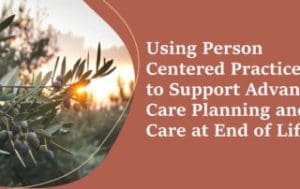
Advance care planning
It’s not uncommon for people with disabilities to confront bias when engaging with healthcare providers and systems. For

Understanding the Barriers to Future Care Planning
“I want him to live where he will be safe and loved,” shared an elderly mother regarding her 55-year
